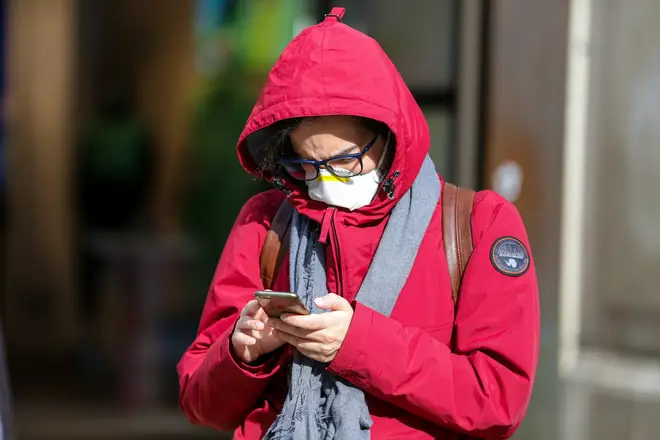
Paul Brand 7am - 10am
31 March 2020, 15:03 | Updated: 31 March 2020, 15:16

GP warns against listening to misinformation on social media
Misinformation on how to treat coronavirus have circulated online and lines between real and fake treatment have blurred.
Dr Ellie Cannon is a GP and columnist for the Mail on Sunday and she joined Shelagh Fogarty to encourage the public to pay heed to misinformation to be found online.
The GP told Shelagh that she's been inundated with requests from patients to be prescribed with "malaria products that people have heard online may help coronavirus". She revealed that such recommendations are warped and cannot be taken seriously.
Dr. Cannon admitted that there have been some instances of people being given malaria medication to fight coronavirus but warned that "they are for the sickest patients and they're not without dangers".
The columnist told Shelagh that people online spreading misinformation are making the fight against Covid-19 significantly more difficult. She admitted that it isn't easy for people to distinguish real and fake medical advice online as there is still a lot of uncertainty around the virus."We're all vulnerable to this at the moment" she said.

Shelagh put to Dr. Cannon that "there is a proliferation of nonsense that has to be waded through" online when someone is looking for guidance on what to do and how to act around the Covid-19 crisis.
"Little knowledge is a dangerous thing" the GP said. The fact that people don't know much about coronavirus means they are vulnerable to all fake information.
Dr. Cannon outlined how the public can detect misinformation online and form a better idea of how they can fight Covid-19
"Doctors and scientists don't eave messages that say 'please share'" she said. This is a telltale sign that the information probably isn't true.
If there are any articles you read that say that a treatment is perfectly safe, the GP added that this is probably false information too. "No doctor would ever say anything is perfectly safe" Dr. Cannon said.
The doctor told Shelagh that ultimately the public has to be very cautious when taking information online. "We must be careful of the epidemic of misinformation as well as the epidemic of corona" she warned.